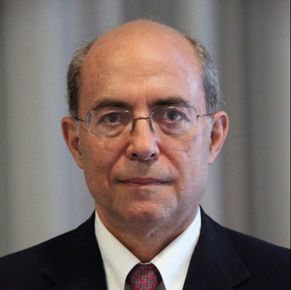
Dr. James Leckman is the Neison Harris Professor of Child Psychiatry, Psychiatry, Psychology and Pediatrics at Yale. Dr. Leckman is a well known child psychiatrist and patient-oriented clinical investigator. He has served as the Director of Research for the Yale Child Study Center for more than 20 years.
Dr. Leckman has a longstanding interest in Tourette syndrome and Obsessive-Compulsive Disorder (OCD). His research on these disorders is multifaceted from phenomenology and natural history, to neurobiology to genetics, to risk factor research and treatment studies. His work on OCD has led Dr. Leckman to study normal patterns of evolutionarily conserved obsessive-compulsive behavior, with a major focus on parenting and the role of the bio-behavioral systems that closely interconnect our affiliative and stress response bio-behavioral systems. Dr. Leckman is the author or co-author of over 460 original articles published in peer-reviewed journals, twelve books, and 140 book chapters. He is regularly selected by his peers as one of the Best Doctors in America. In recent years, Dr. Leckman has begun to explore the question whether strengthening families and enhancing child development is a path to peace and violence prevention. This work was done collaboratively in partnership with colleagues at UNICEF and the Mother-Child Education Foundation based in Turkey. In October 2013, he chaired with Rima Salah and Catherine Panter-Brick the 15th Ernst Strüngmann Forum in Frankfurt, Germany. The Forum included more than 40 international scholars across diverse fields—from child development to neuroscience and cultural anthropology, and explored the relevance of early child development to the pursuit of peace. Their deliberations are summarized in Formative Childhoods: The Transformative Power of Children and Families, published by the Massachusetts Institute of Technology Press in 2014. Dr. Leckman’s other related efforts include the Early Childhood Peace Consortium that was launched in September 2013) in New York in at the United Nations Headquarters. More information concerning how the science of early childhood development can facilitate the development of a more peaceful world is available at: http://childstudycenter.yale.edu/international/peace/index.aspx. |

